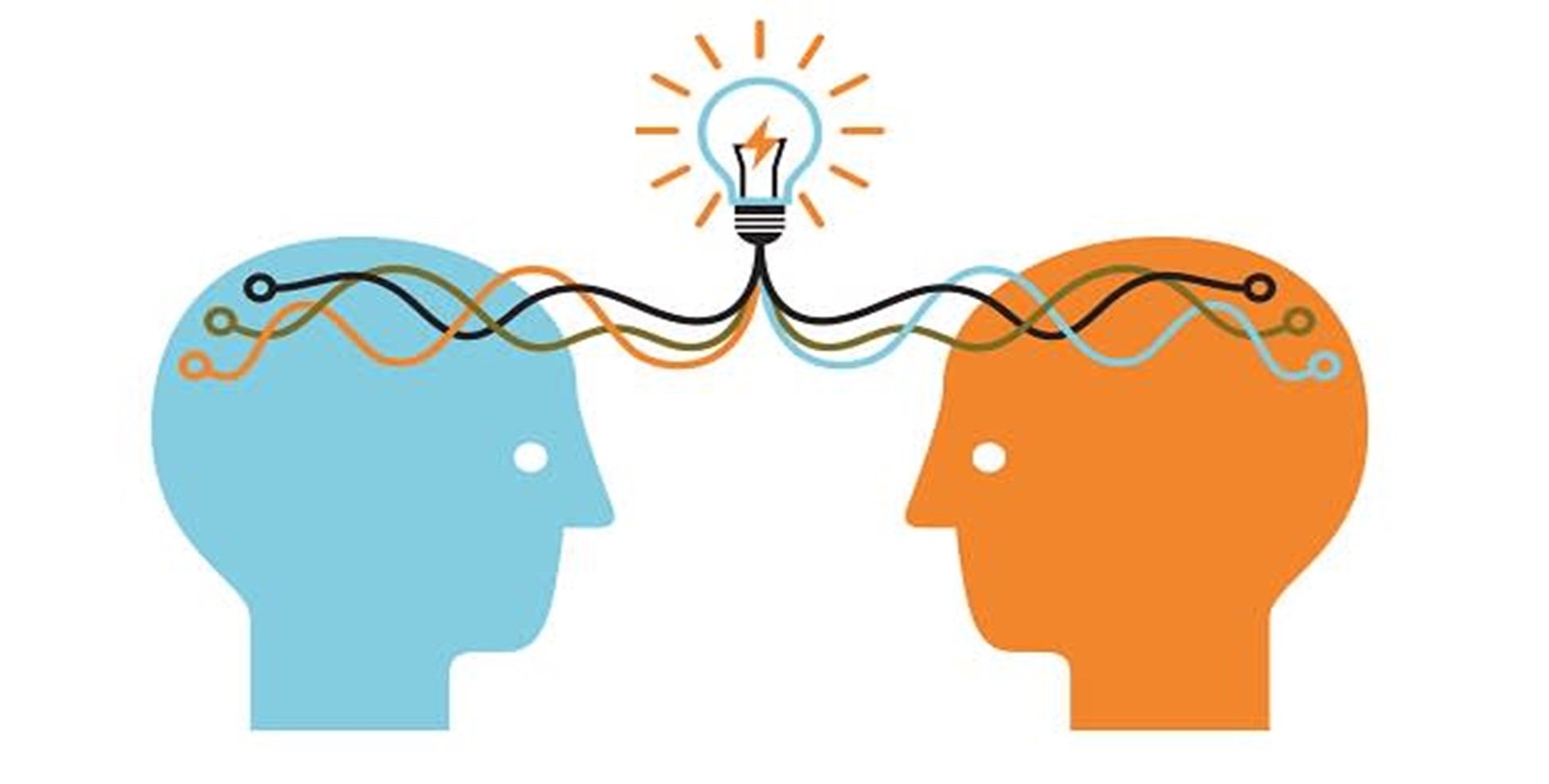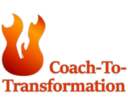

Coaching and Centering Why is it important in Coaching
- Oct 01st 2021
Imagine yourself in a complex coaching session, you are listening attentively and pacing yourself through it. Absorbing and processing the coachee’s words, nuances, body language. The process of ‘being a coach’ showcases multiple facets that one must ‘ease into’ or ‘walk with’, alongside the client as they arrive at their objective. The session has been a deep dive into a complex problem, which the coachee has processed and solved to a very clear simple executable steps. The coachee, now relieved at having reached the objective, clearly noticing a pathway of executable steps that s/he can follow. As the session draws to a close the air is amicable and happy. The coach and the coachee have realised something very powerful, leaving both of them transformed.
As the Zoom meeting ends and the coach comes back to the self, s/he feels transformed with remnants of the last session still on their mind. It is hard to separate the emotion of discovery and satisfaction and of intrigues that the mind has undergone over the last hour. A long pause, a deep breath, a walk into the openness, a pretty picture, an image from the past, an old song, all these are some of the steps coaches use to still the mind.
Centring or returning back to the original state of mind wherein the thoughts are clear and tranquil holds a prominent space in the mind of coaches. Switching On and off isn’t as easy as it seems, as thoughts can linger in the minds of both parties. The coach along with the coachee has walked through a journey and now both have arrived at a destination; the set objective. The coach has asked questions and paced the coachee to question their current state and where they want to go. The requirement upon all coaches to be receptive and observant to all these signs maximises the level of attentiveness and alertness for the coach to ‘be in the moment’.
Once the session ends the coach has to disconnect from the process and come back to ‘self’, where they accept all point of views and have no higher or lower grounds. The realisation that justification of moral, economic, gender, ethnicity and stature hold no ground when we as coaches sit with a coachee is immense. This grounding activity helps the coach to be calm and focused and in the present and to be aware of the process as it has occurred. There are no right answers to grounding as there are no right answers to the coaching process, there are only pathways that one may walk down.
And a coach, walking down a path along with a coachee is the highest reward available and being present in the moment is the need of the hour.
Author name: Mithun Kannan
Title Name : Coaching and Centering
About the Author: Mithun has a rich background in the media and entertainment space, specifically in the confluence of technology and entertainment. He also writes on reflective topics on deeper meaning to everyday goals.
Program Attended: ICF Coach Certification Program Level 1.
Reason for taking the program: A deep desire to enable change in people’s life.
What worked for you: A powerful space was provided for learning and growing as an individual.
What benefits you achieved: Knowledge, and a true sense of what really matters in the myriad world that we live in. A process to seek out our goals and to introspect to the core reason for those objectives.









0